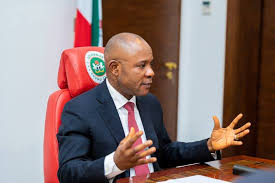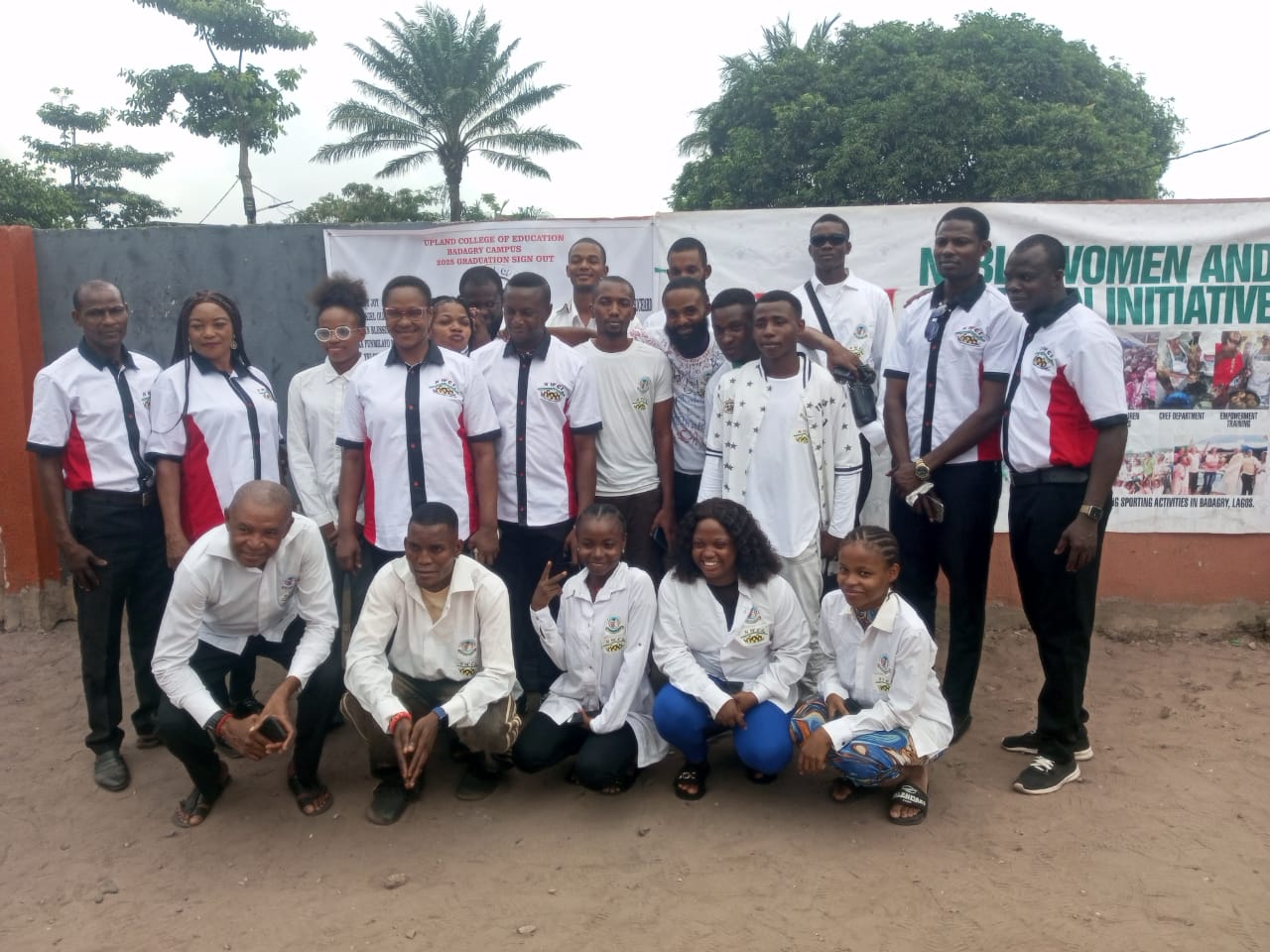President Bola Tinubu has said that his decision to remove fuel subsidy was a challenging one and was not an easy one.
He, however, said it was a necessary one for the long-term energy security and economic prosperity of Nigeria.
Speaking during his keynote address at the opening ceremony of the 7th edition of Nigeria International Energy Summit (NIES 2024) in Abuja on Tuesday, he assured that he was aware of the immediate impact fuel subsidy removal has had on Nigerian, especially those with lower incomes.
Tinubu, who was the Special Guest of Honour at the event, said that his administration, therefore is committed to implementing social intervention programs to mitigate the short-term effects on vulnerable populations.
According to him, these programs will ensure that the burden of the subsidy removal is shared equitably and that the most vulnerable among us are protected.
Tinubu said: “This platform affords me a great opportunity to once again address a crucial issue that has been at the forefront of our national discourse – the removal of the petroleum subsidy.
“Our great nation has long been dependent on the revenue generated from oil exports, and as we stand at the crossroads of the 21st century, it is imperative that we re-evaluate our energy policies to ensure a sustainable and secure future. The decision to remove the petroleum subsidy is a challenging one, but it is a step we must take to secure our energy future and foster economic growth.
“ Energy security is a paramount concern for any nation striving for economic stability and development. It encompasses not only the availability and accessibility of energy resources but also the resilience of our energy infrastructure. The petroleum subsidy has, over the years, strained our economic resources, leading to inefficiencies and, most importantly, hindering our ability to invest in critical areas of energy security.
“By removing the subsidy, we are creating a more transparent and accountable energy sector. The funds that were previously allocated to subsidizing petroleum products are now redirected towards developing and upgrading our energy and other social infrastructure.”
He added: “Furthermore, the removal of the subsidy has encouraged further private sector participation in the energy industry with potential of attracting more local and international investors, fostering innovation and competition that will drive down costs and improve the overall efficiency of our energy sector.
“I am acutely aware of the immediate impact this decision may have had on our citizens, especially those with lower incomes. Therefore, in parallel with the subsidy removal, my administration is committed to implementing social intervention programs to mitigate the short-term effects on vulnerable populations. These programs will ensure that the burden of the subsidy removal is shared equitably and that the most vulnerable among us are protected.
“The decision to remove the petroleum subsidy is not an easy one, but it is a necessary one for the long-term energy security and economic prosperity of our beloved nation. I call upon all stakeholders, including industry experts, policymakers, and the general public, to engage in constructive dialogue and collaboration as we navigate these challenging but transformative times. Together, we can build a resilient and sustainable energy future for Nigeria.”







